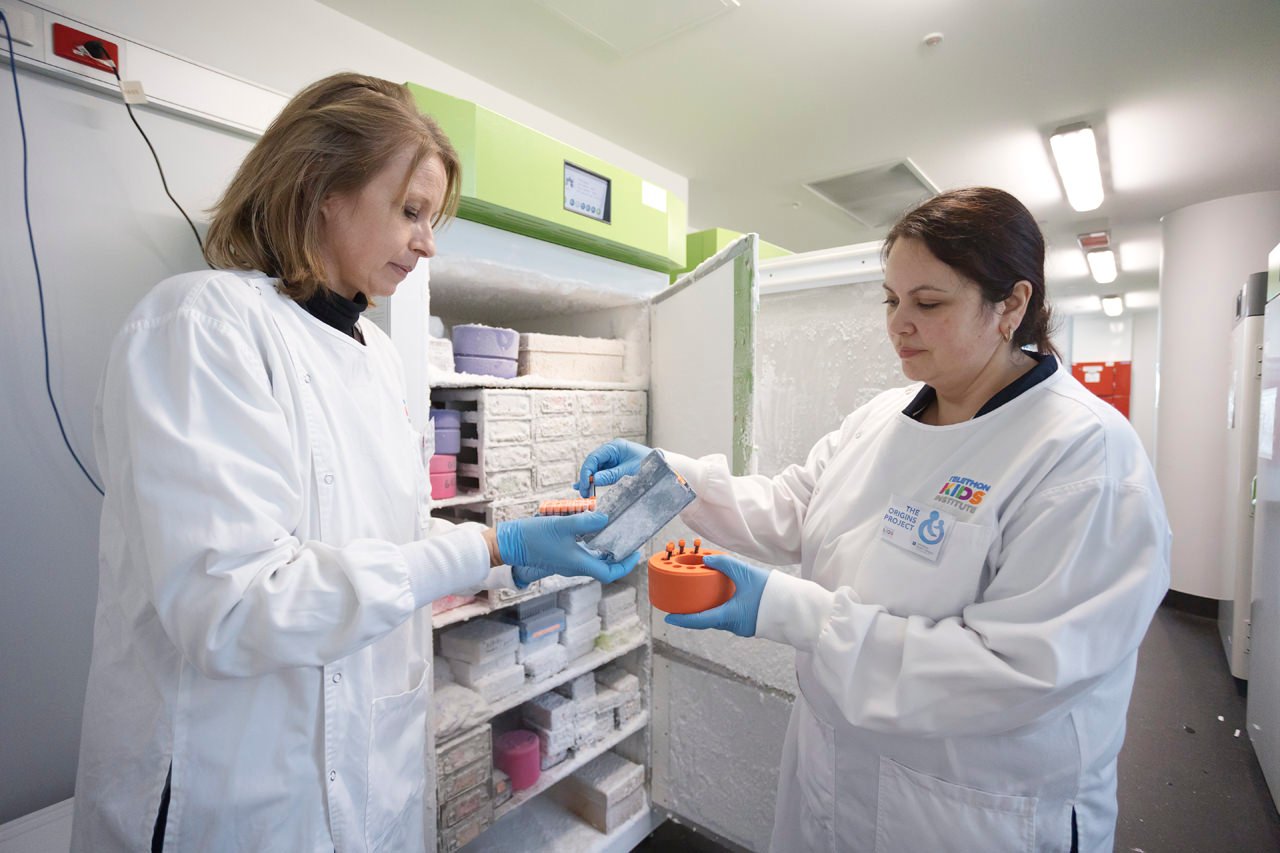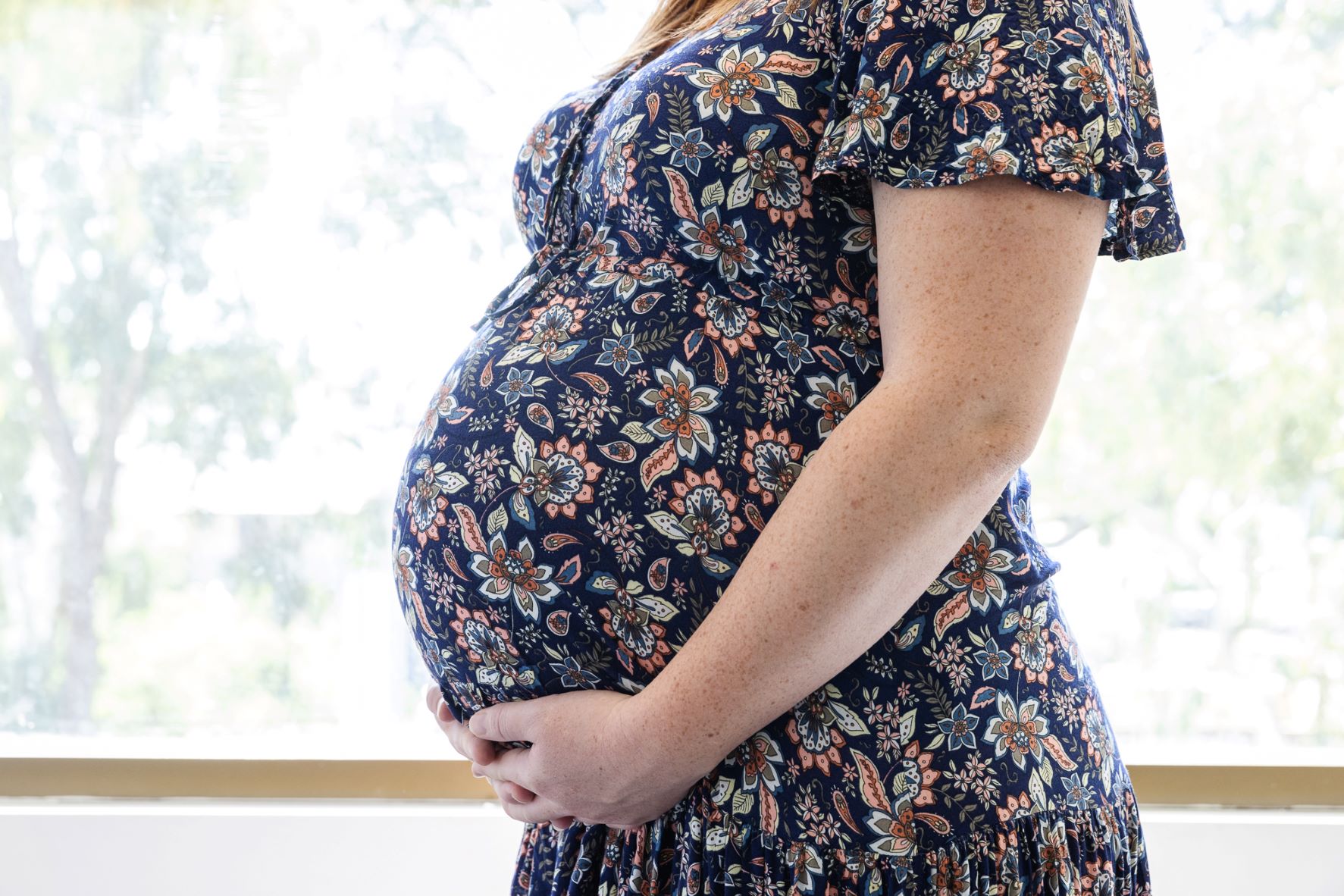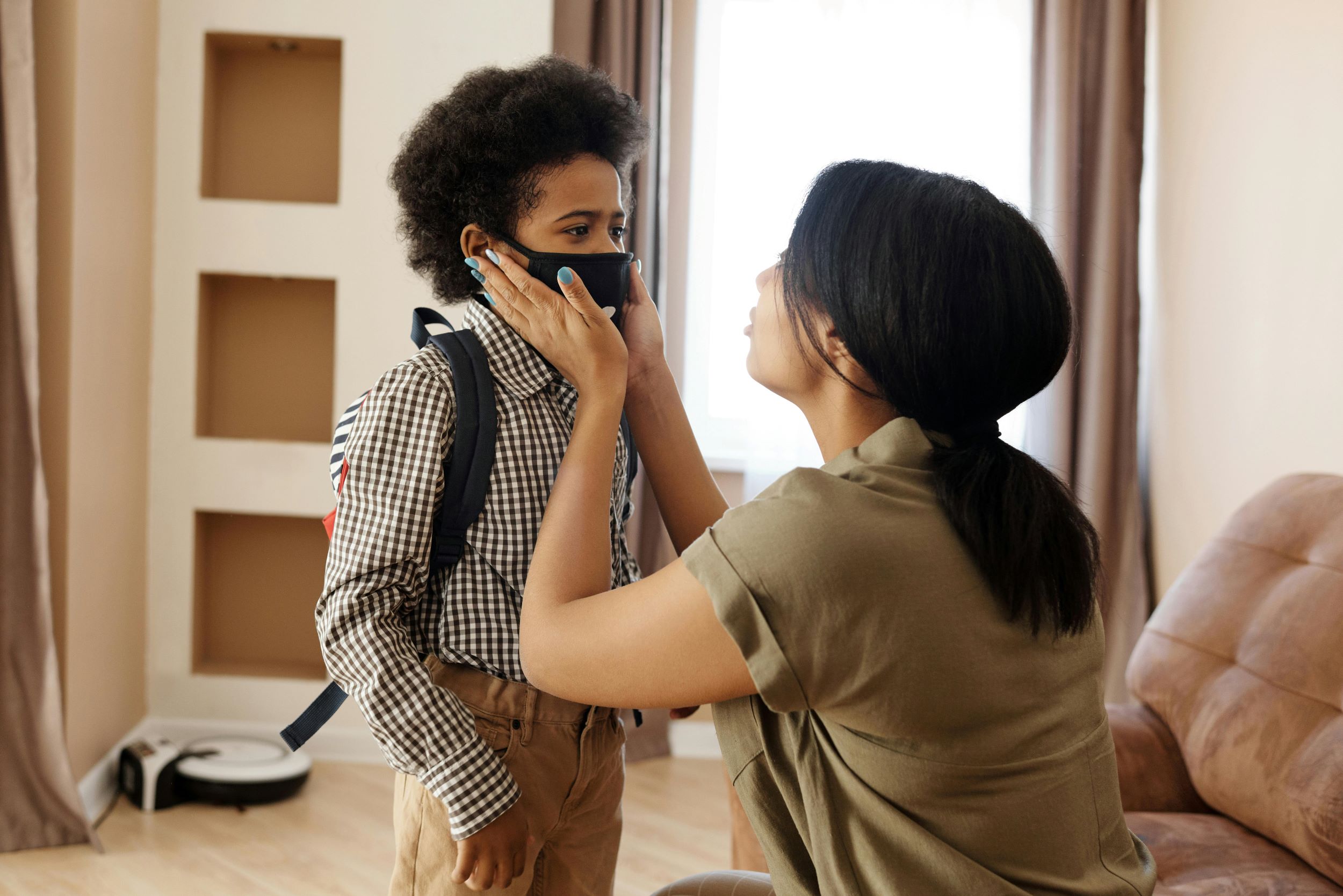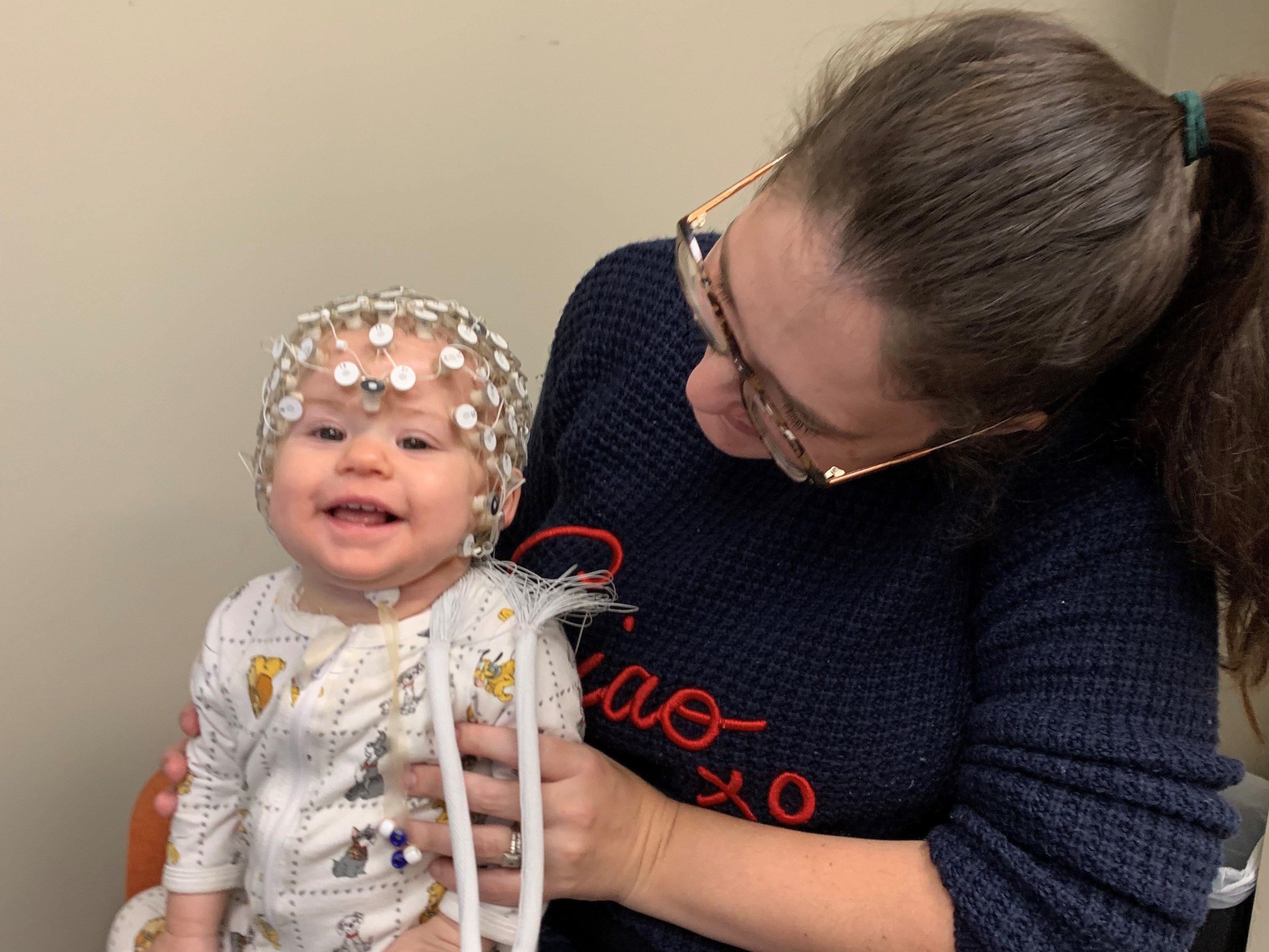Search
Information about Sub-Project Implementation Process

Helping ORIGINS families to stay on track in their ORIGINS journey

A step-by-step guide to collecting and returning ORIGINS samples

Examining the pathways of perinatal maternal mental health that influence child mental health outcomes.

This project aims to investigate the impact of a non-severe burn injury on children's health for life.

SYMBA is promoting gut health (symbiosis) with prebiotic fibre taken during pregnancy for prevention of allergic disease.

Assessing the virus transmission, immunity development and wellbeing of families during COVID-19

Brain and behaviour research encompasses a child's learning, development and mental health - and the impact and development of conditions like cerebral palsy, autism and intellectual disability.

This study explores the role of infant sleep in early childhood development.
